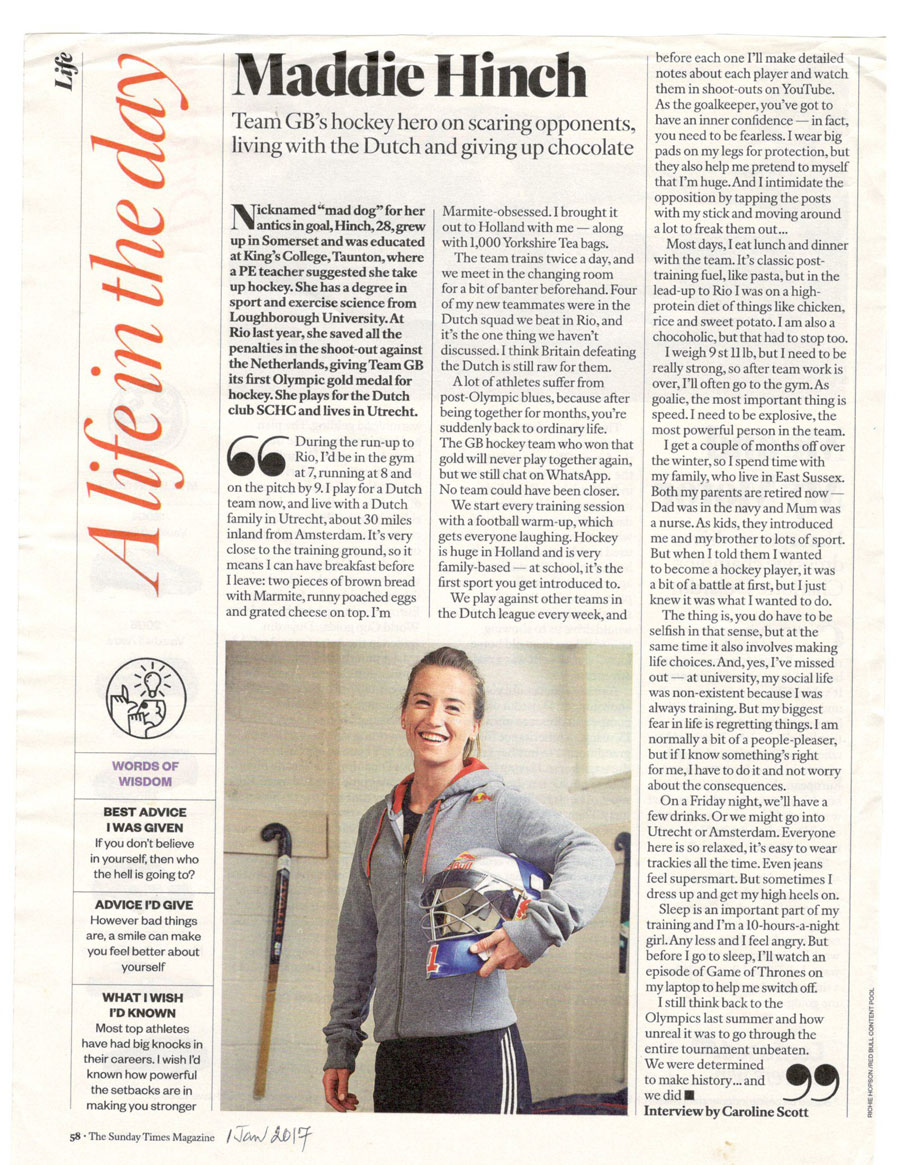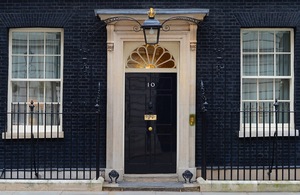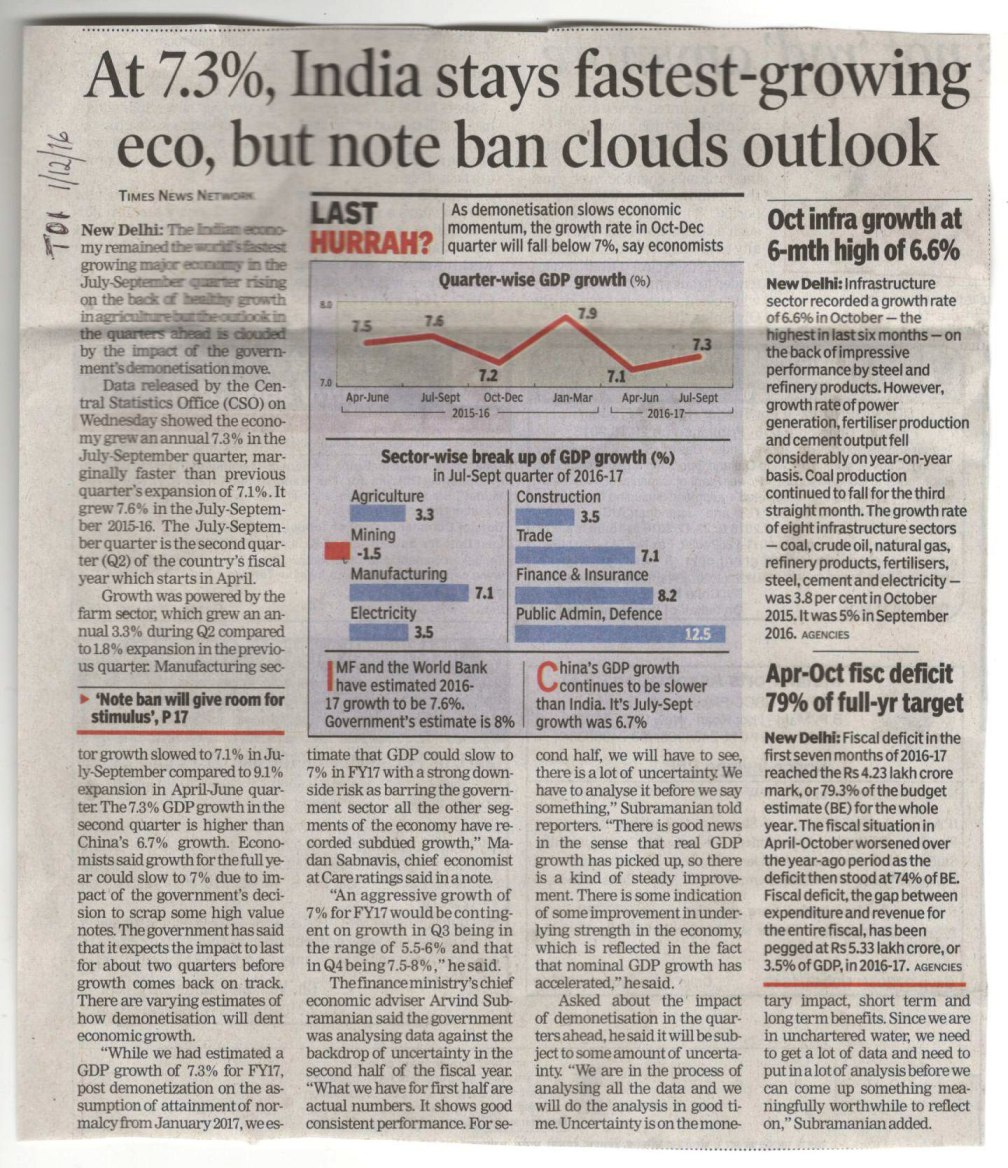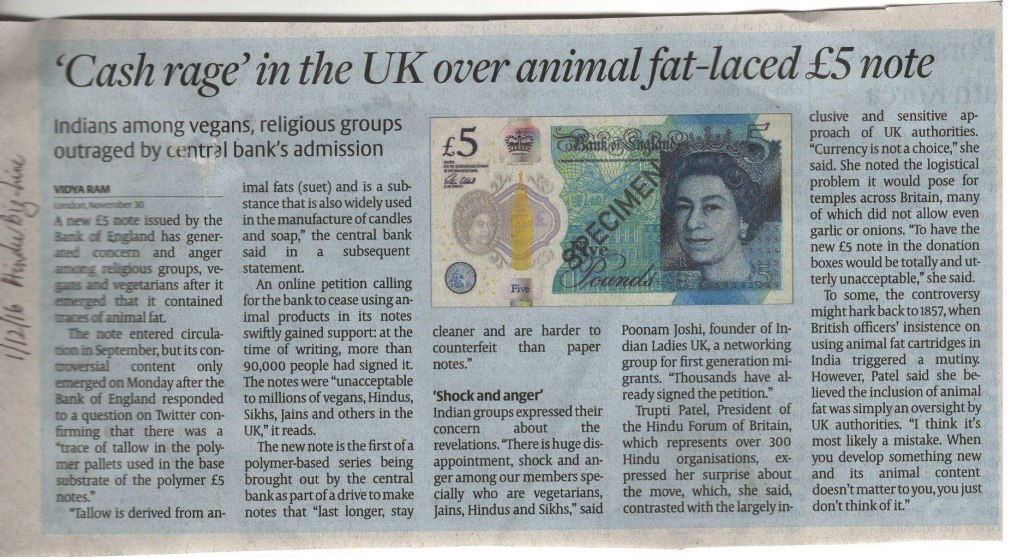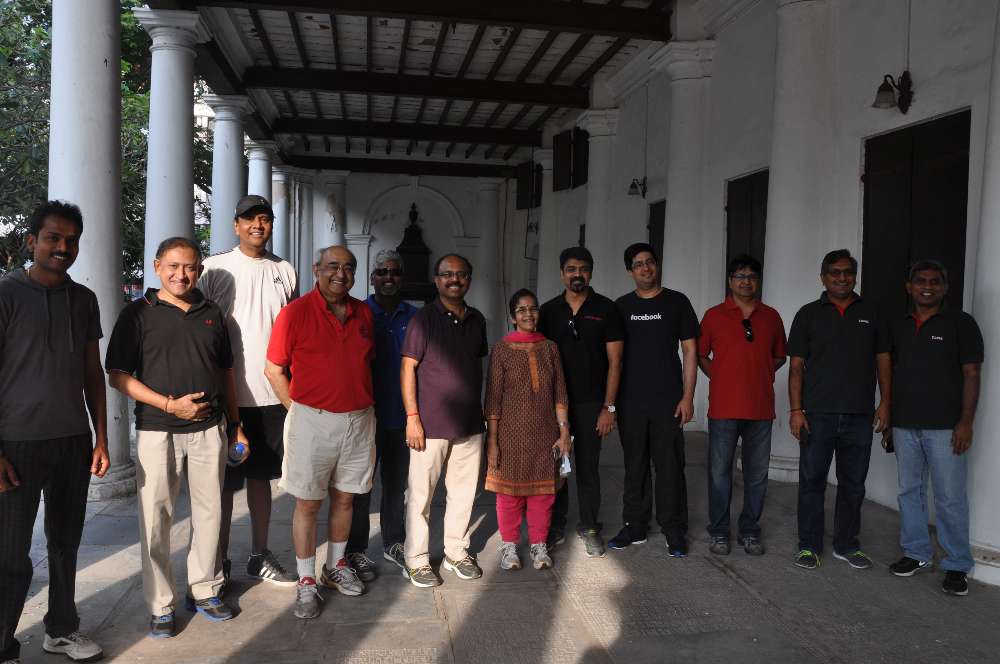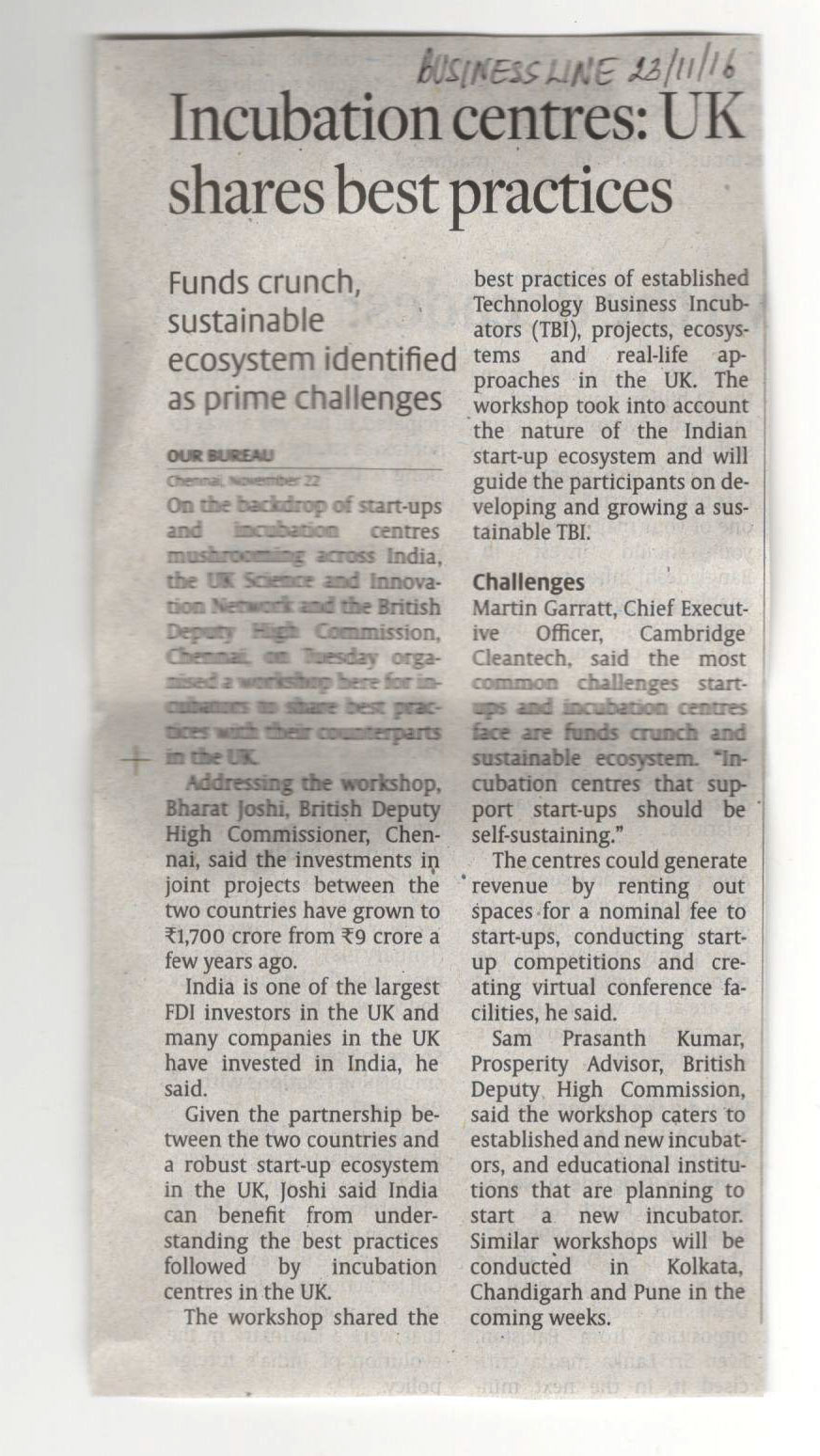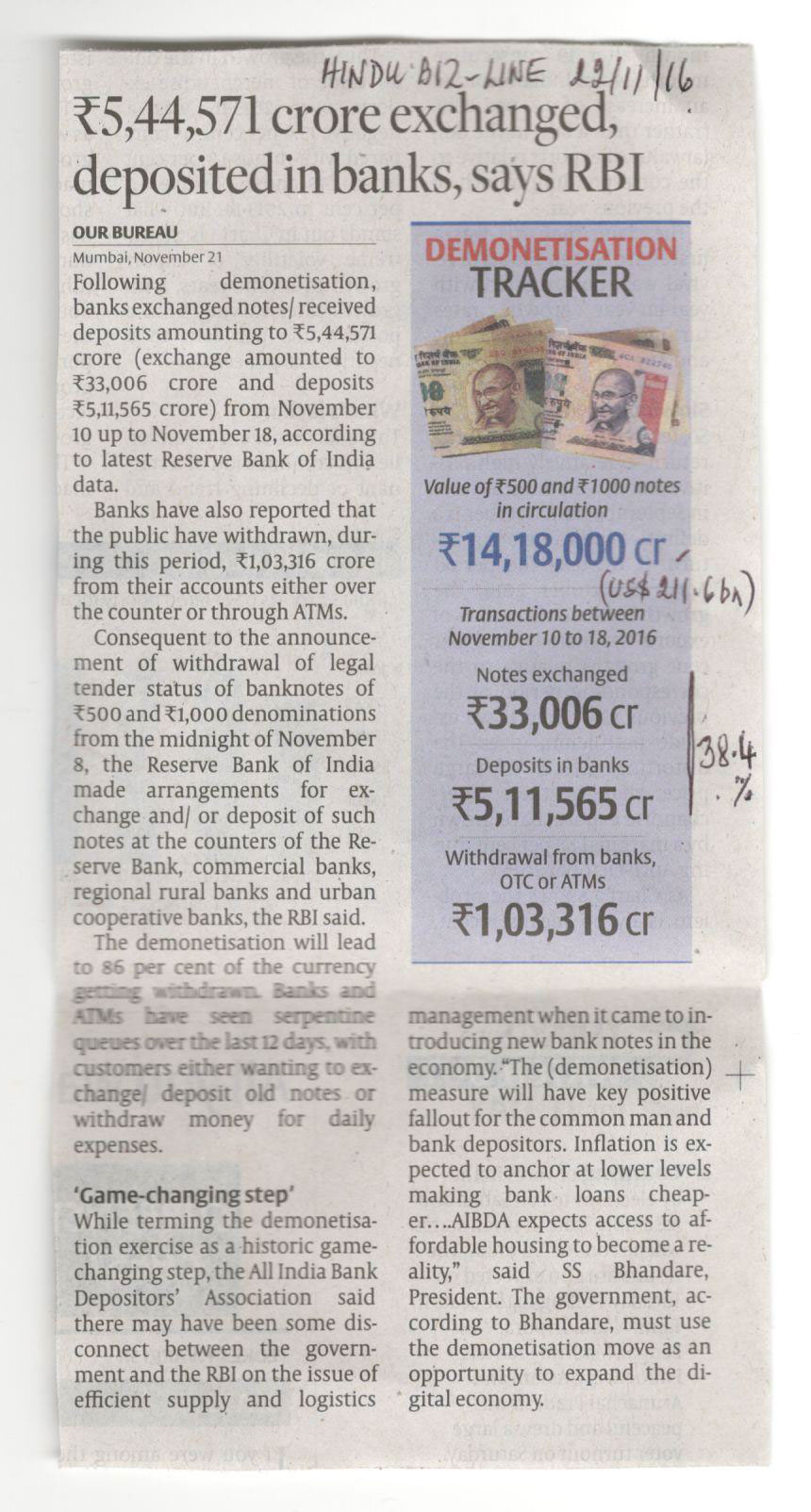The irony was stark. All her life J Jayalalithaa had shunned 24×7 media, snapping at Karan Thapar in an interview, “It was certainly not a pleasure talking to you, namaste.” She was a self-declared hater of the limelight, contemptuous of the press, famously slapping criminal defamation charges against a newspaper. She preferred to remain shut away in her shrouded residence of Chennai’s Poes Garden, an aloof Lady of Shalott.
Yet what she eschewed in life, she could not prevent in death as TV crews kept up minute to minute coverage of her deteriorating health, beaming out details of her bodily functions in an invasion of privacy she would have sternly curtailed if she had been able.
Jayalalithaa did not need and had never needed the media. Among the thousands gathered outside Apollo hospital in her last hours, the huge presence of women and poor was a reminder of her vibrant connection with her voters, however far removed she may have outwardly seemed. She required no support from mainstream or social media. Instead she touched the lives of millions in basic, workaday and ordinary ways, sensing the peoples’ pulse through an excellent rapport with cadres and creating service delivery schemes that established her presence in their daily lives. “I’ve never been comfortable in front of the camera,” she told Simi Garewal, “I’m a behind the scenes person.” First fighting for MGR’s mantle, then battling the DMK for 20 years, she showed extraordinary stamina.
There lie some of the key lessons that Jayalalithaa’s career offers today’s politicians. In the age of constant media exposure when netas are either tweeting or giving speeches on primetime TV, Jayalalithaa practised an older form of politics – she knew her voter so well that she didn’t need the media to validate her appeal. To those politicians who think that the television media is the message, Jayalalithaa’s politics instead show what can be achieved through a systematic programme of action where daily needs of voters take centre stage.
She provided Amma water and Amma medicines. Amma Salt, or salt fortified with iron and iodine was created to treat iodine deficiencies. An NGO executive once remarked that if rising anaemia among women was brought to Jayalalithaa’s notice she would have immediately worked on a scheme to deal with it.
She faced serious corruption charges, accused of gathering disproportionate assets and building a treasure chest for herself. But despite being sent to jail on two separate occasions, she was able to bounce back each time, her popularity intact. Here is the second lesson for today’s politicians: Jayalalithaa’s credibility among the people was so high that she was able to withstand the taint of financial corruption. Her powerful delivery-oriented social welfarism made her the perpetual lady bountiful.
It was almost as if the voter forgave her excesses because she was the provider of the basic necessities of life, from the tasty Rs 5 sambhar rice to the Rs 1 idli in the Amma canteen. Not food as slop thrown condescendingly at the poor, but cooked and served with spotless cleanliness and dignity.
The third lesson that Jayalalithaa’s politics provides is that politicians are ultimately judged on their administrative efficiency. That Tamil Nadu has been a leading state in attracting investments and in ease of doing business is a reflection that – although corruption charges have been levelled at the administration – Jayalalithaa was able to reduce the traditional obstructionism of government. She took on the LTTE in Tamil Nadu after Rajiv Gandhi’s assassination, enhancing her tough, no nonsense image. She was criticised during the Chennai floods and for her liquor policy, but in the 2016 elections it was clear she was still trusted as an administrator.
Like today’s politicians she thrived on a personality cult. Like other women politicians Mamata and Mayawati, her whimsical behaviour was often deliberate strategy to keep political rivals always on the defensive. Yet, in another lesson for today’s single-leader parties, Jayalalithaa’s personality cult did not destroy the party apparatus or structure. Hers was not a leader cult based on the destruction of the party worker. The fact that O Panneerselvam has been able to take over as her successor, without a power struggle shows that the party structure has, at least for now, held firm.
The role of Jayalalithaa’s close aide Sasikala remains controversial and there are reports that she could now play the role of an extra constitutional authority. Yet all her life Jayalalithaa remained a singular figure, without family or coterie, totally unlike the families and coteries that surround other regional satraps. There is no parallel in Jayalalithaa’s life to a Yadav parivar or a Badal clan. She was the supremo as a lonely heroine, her absolute power seasoned with personal sadness.
Jayalaithaa’s life story also offers lessons for celebrities who seek instant recognition by entering public life. Jayalalithaa may have been brought into politics by MGR but she had to claw her way to the top against implacable opposition. She fought back fiercely every time she was pushed into a corner. The people saw her being attacked and abused and witnessed her courage in facing her attackers.
There was nothing gimmicky about Jayalalithaa. Her connect with vast masses of people was based on an unabashed and unapologetic social welfarism. She reminded that what is considered ‘populist’ in high flying seminars is vital social welfare for millions on the ground. She was a ruthless politician and a dictatorial leader but she touched voters’ lives in simple ways to make their living conditions better. Jayalalithaa was not a politician of photo-ops, soundbites or carefully crafted PR images. No wonder that the one time TV cameras were able to report on her 24×7, was only when she began to lose her final battle.

